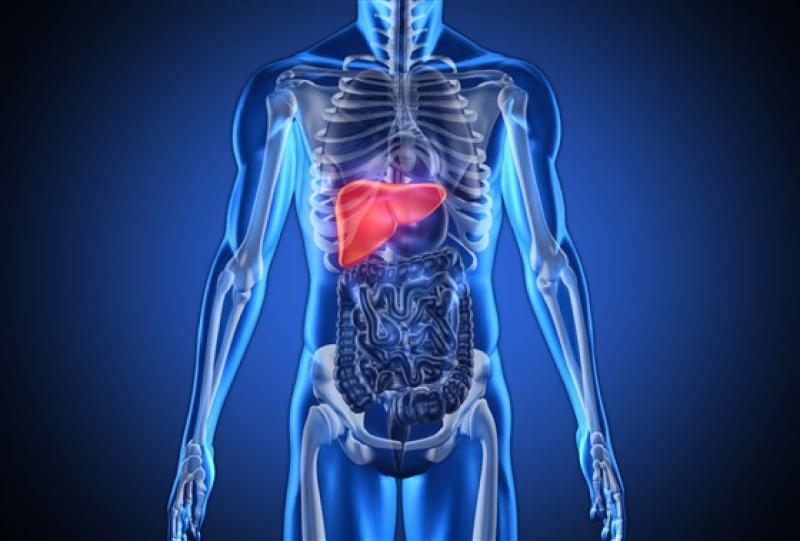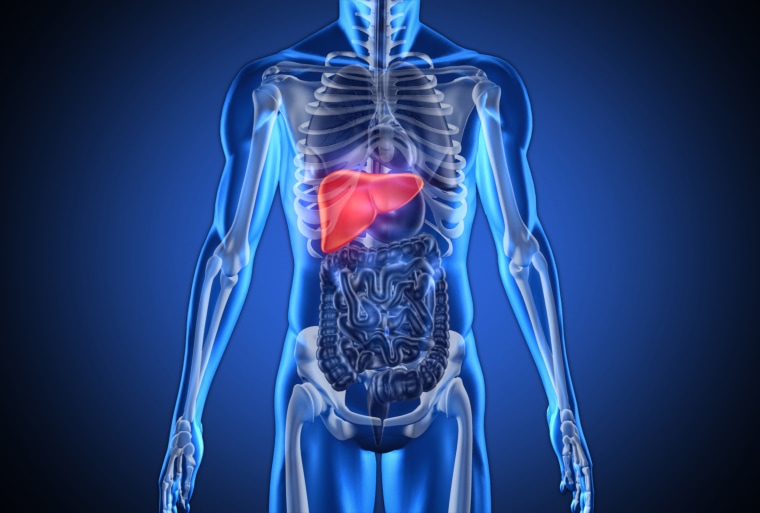The $35 billion race to cure a silent killer that affects 30 million Americans



At the Mayo Clinic in Jacksonville, Florida, the liver transplant group is busy handling an onslaught of patients who have come from all over the country in hopes of a chance at life. For many, a liver transplant is their last hope, after being diagnosed with a deadly disease sweeping the nation at epic proportions. People crowd the unit and undergo scores of testing and evaluation in an effort to get on the hospital’s coveted transplant list. It’s a program with a 94 percent survival rate after liver transplant, one of the highest in the nation.
For many the culprit is a serious form of fatty liver disease called nonalcoholic steatohepatitis, also known as NASH. An outgrowth of the obesity epidemic in the Western world and around the globe, it causes scarring and inflammation that can lead to liver cirrhosis, cardiac and lung complications, liver cancer and death. Yet few people know about it.
 Wavebreakmedia Ltd / Getty Images/Wavebreak Media
Wavebreakmedia Ltd / Getty Images/Wavebreak Media Across the United States, millions of people of all ages suffer from this silent killer that slowly morphs from nonalcoholic fatty liver disease, a condition that now affects 89 million in the U.S., according to the Center for Disease Analysis. The National Institutes of Health estimates as many as 30 million people, or 12 percent of U.S. adults, now have NASH .
The effects of the disease — which include fibrosis, ascites (fluid accumulation in the abdomen), bleeding varices in the esophagus and liver cancer — are devastating. “By 2020 NASH will overtake hepatitis C as the No. 1 cause of liver transplantation in the U.S.,” says Dr. Maria Yataco, a gastroenterologist who is conducting research on NASH and liver disease at the Mayo Clinic in Jacksonville.
What is even scarier is the fact that liver specialists are seeing patients that are younger and younger with this disease due the rising obesity rates. “Today we are seeing people in their 20s and 30s with NASH,” says Dr. Leona Kim-Schluger, a hepatologist and professor at the Recanati/Miller Transplantation Institute at Mount Sinai Hospital in New York. “There is even NASH in the pediatric population.”
“Right now it is estimated the U.S. is spending $5 billion annually in health-care costs related to the disease, which include chemotherapy, transplants, tests and hospitalizations,” says health-care economist Home Razavi, managing director of the Center for Disease Analysis, who is working with ministers of health around the world to gather data and help them develop a national health strategy for NASH. “But the costs will rise to $18 billion by 2030 if this disease goes unchecked.”
In spite of the large U.S. patient population at risk, the CDC has not addressed the crisis, and there is no FDA-approved treatment available, experts point out.
Even worse, signs of the disease are asymptomatic, so a person often is not diagnosed with NASH until it advances to a late stage, when cirrhosis begins to ravage the body, according to Dr. Laurent Fischer, senior vice president and head of global drug development at Allergan .
Read more at the seeded content
Tags
Who is online
46 visitors

I personally had a bout of this from some meds I was taking in my 20's. It scared the heck out of me since they were not sure if it was reversible, but it was since it was drug induced. Imagine all the livers that would not be needed.
Dear Friend Perrie: I hope progress is made on this, and other disorders which need and deserve attention.
One way to bankrupt Medicare is not to make progress of various forms of age co-related dementia (Alzheimer's being the most common).
A lot of money is involved in research on that one too.
So much progress, so much more to do in medicine.
Let's hope for new cures and new treatments in the new year.
Peace, Abundant Blessings and Good Health to Enjoy Both.
Enoch.
I totally agree with you Enoch. Right now, my father in law is suffering from Parkinson's dementia, and the sad thing about this kind of dementia is that it robs just enough of the memory to make you dysfunctional, but not enough to not know it. Then depression sets in, which it has in his case.
We should be treating what we can before they become bigger problems.
Dear Friend Perrie: The Parkinsonian brain is analogous to forms of dementia, Alzheimers included.
It is also sufficiently distinct to require different diagnostic and treatment tools.
The sooner a problem is correctly identified, a plan to address it successfully implemented the lower the cost and the better the results.
The hope for the future for this with Parkinson's isn't here yet.
You have my private email.
Whatever I can do for your dear Father-In-Law, his immediate and extended family (you included) I am but an email away.
We are a community here.
It is OK to be here for one another.
It is more than OK.
Peace, Abundant Blessings, and Most Sincere Wishes for the Best Possible Outcome for All Materially Concerned On This Matter Beyond Our Control.
Enoch.
My sister's best friend just lost her father to this.
Dear Friend Sandy: So sorry to hear this.
Anything I can do for your sister's best friend and those close to her?
Always available in site private notes, there after private emails.
E.
Thank you, Enoch. You're a kind, beautiful soul.
Dear Friend Sandy: And a centerfold.
Latest issue of Science Fiction Digest has me with a staple through my navel about mid way through the issue.
Smiles.
E.
I'll have to subscribe
Dear Friend Sandy: Buy only at a news stand or inconvenience store.
Never give your credit card to any organization that makes me their centerfold.
They cannot be trusted!
Winks.
E.
I am going to delve deeper into this for family and myself! Already began sharing the seeded link! My attention is drawn to information about dangerous conditions which are not a part of routine blood-testing!
I certainly plan to ask my doctor/s about this one! Perrie! Thanks for this first-quarter 2019 year heads up!
Lots of exclamation points for this one.